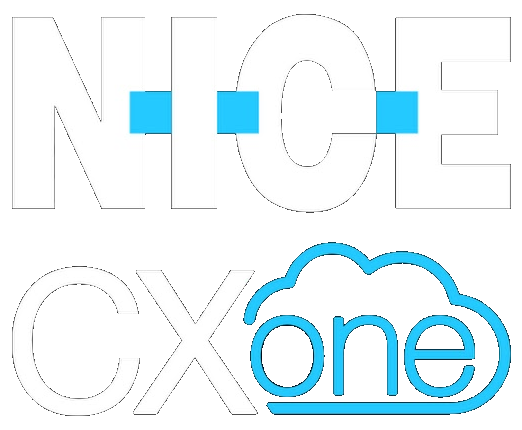Basic Systems – Agent Coaching Systems
Introduction
Get Started
Agent Coaching Systems are specialized software solutions designed for contact centers to document all support interactions between agents and supervisors, and often between supervisors and operations managers. These systems provide targeted coaching, leverage AI for task prioritization, and ensure a structured approach to agent development.
Primary Functions:
- Interaction Documentation: Records all support interactions between agents, supervisors, and operations managers.
- AI-Powered Task Prioritization: Uses artificial intelligence to create prioritized task lists, suggesting the next best action for supervisors.
- Feedback Mechanisms: Provides agents with specific feedback based on their interaction performance.
- Performance Tracking: Monitors agent performance over time to gauge the effectiveness of coaching sessions.
- Collaborative Coaching: Allows for interactive coaching sessions where agents can discuss challenges and seek guidance.
Benefits:
- Structured Documentation: Provides a system of record for all coaching interactions, ensuring transparency and accountability.
- Enhanced Productivity: AI-driven task lists reduce analysis time, allowing supervisors to focus on effective coaching.
- Consistent Interaction Quality: Ensures that all customer interactions meet set quality standards.
- Increased Agent Engagement: Personalized coaching sessions can boost agent morale and job satisfaction.
- Operational Efficiency: Streamlines the coaching process, ensuring timely feedback and development.
Challenges:
- Data Overload: With vast amounts of interaction data, it can be challenging to pinpoint specific coaching needs.
- Change Management: Introducing an Agent Coaching System might require changes to existing training and feedback processes.
- Agent Resistance: Some agents might resist feedback or feel overly scrutinized.
- Integration with Other Systems: Ensuring the coaching system works seamlessly with other contact center systems.
Real-world Application: A contact center for a telecommunications company uses an Agent Coaching System to document feedback sessions between agents and supervisors. The system's AI capabilities create a prioritized task list for supervisors, highlighting agents who need immediate coaching based on recent customer interactions. As a result, the contact center sees improved agent performance and higher customer satisfaction scores.
Conclusion
Agent Coaching Systems play a crucial role in ensuring structured and effective coaching in contact centers. By documenting interactions, leveraging AI for task prioritization, and providing targeted feedback, these systems ensure that agents receive the support they need to excel in their roles. As the contact center landscape becomes increasingly complex, the role of Agent Coaching Systems in ensuring high-quality interactions and boosting agent confidence will be indispensable.













